Keywords: Malcolm Turnbull
-

AUSTRALIA
- Peter Craven
- 05 December 2024
Tom Hughes, who passed away at 101, was a towering figure in Australia’s legal and political history. A barrister of dazzling skill, an Attorney-General with a penchant for reform, and a man of unshakable conviction, Hughes combined wit, charm, and grit to shape justice and inspire a legacy beyond party lines.
READ MORE
-
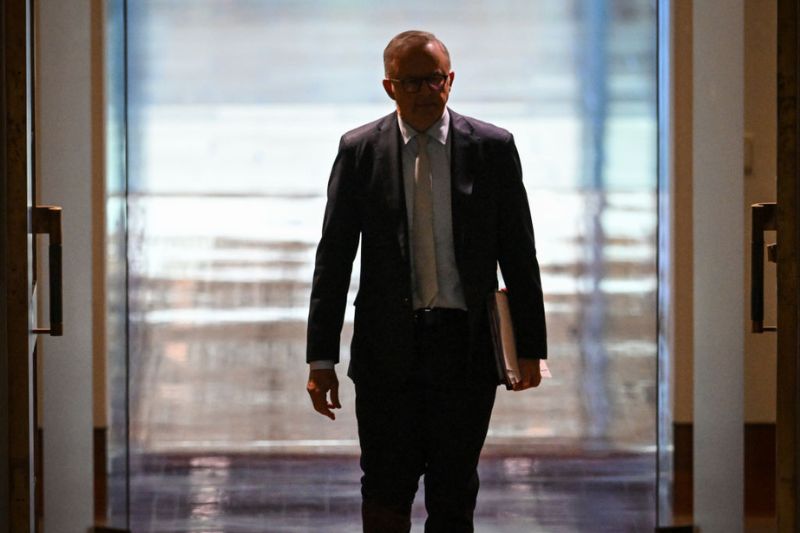
AUSTRALIA
- James Massola
- 23 October 2024
8 Comments
As Prime Minister Anthony Albanese navigates a slow but steady decline in approval, his cautious leadership approach is increasingly under scrutiny. With rising pressures on housing, the economy, and global events, is it time for him to take the bold political risks necessary to stave off the threat of minority government?
READ MORE
-
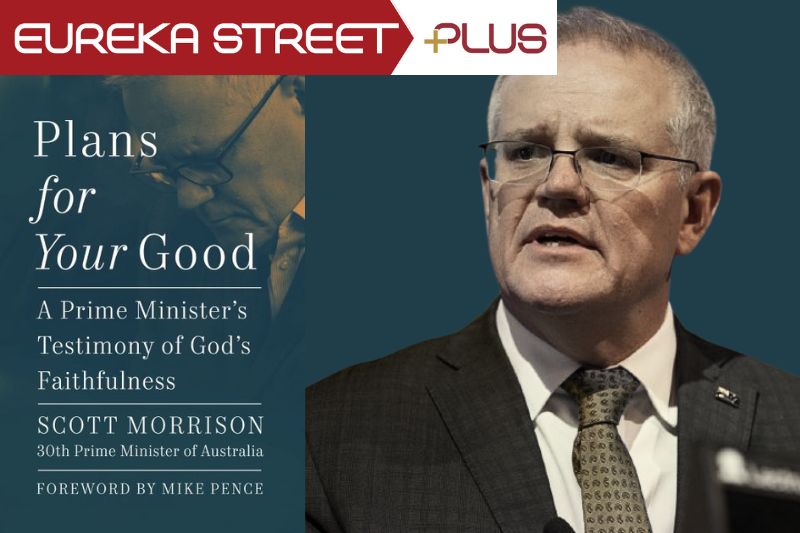
AUSTRALIA
- Michael McGirr
- 09 August 2024
6 Comments
As far as religion goes, Plans for Your Good is right out there, with a bible quote for every decision in the life of a prime minister. But Morrison never notices any arguments against the existence of God or explains why he believes. Everything in life confirms what he believes already.
READ MORE 
-
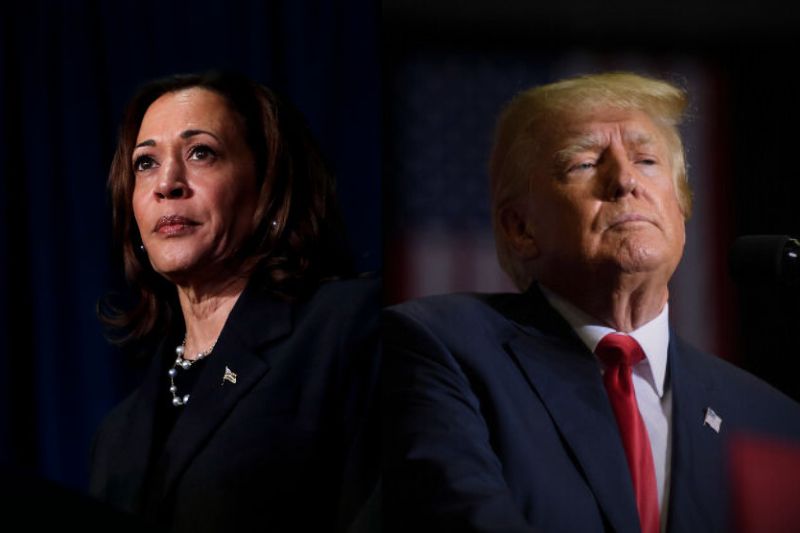
INTERNATIONAL
- James Massola
- 31 July 2024
3 Comments
The November election is shaping up to be a pivotal moment for Australia. With either Kamala Harris or Donald Trump at the helm of the United States, Australia could be affected in unexpected ways, from how we deal with China to trade policies and our relationships in the Asia-Pacific region.
READ MORE
-

AUSTRALIA
- Frank Brennan
- 27 May 2024
8 Comments
Following the failure of the Voice referendum, many believed that the path to constitutional recognition is closed for Indigenous Australians. But they may be wrong.
READ MORE
-
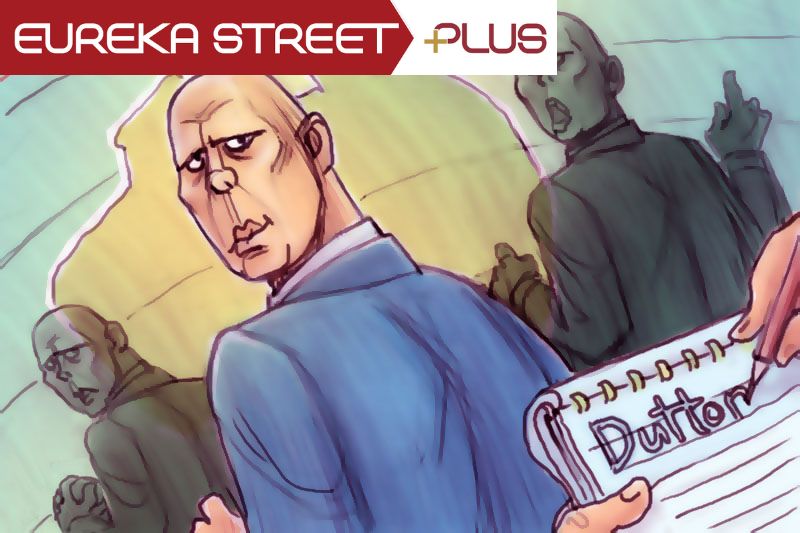
AUSTRALIA
- Barry Gittins
- 24 May 2024
1 Comment
In the latest Quarterly Essay profile of Peter Dutton, author Lech Blaine may well describe his work as character delineation, rather than character assassination. But we seem to be at an impasse in Australian market of ideas, and scorn gives greater bang for the buck than dialogue.
READ MORE 
-
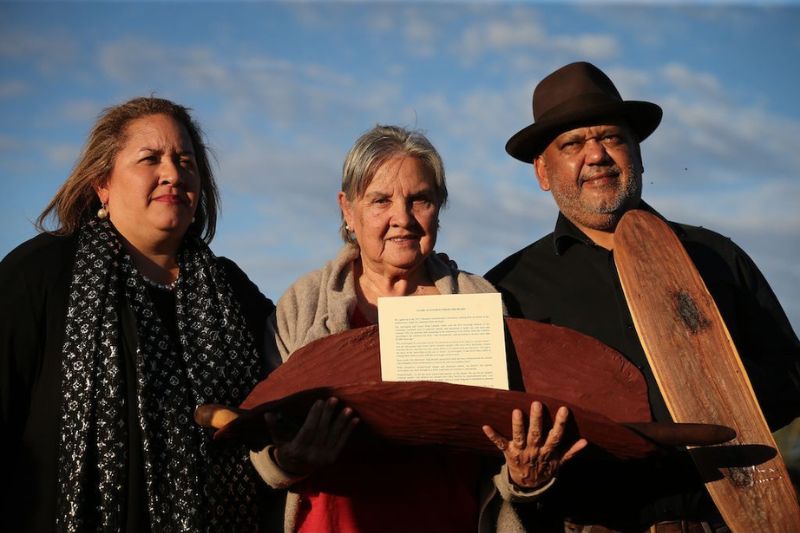
AUSTRALIA
- Frank Brennan
- 07 February 2024
12 Comments
The referendum result was a disaster for the country and a tragedy for First Australians and there has been little appetite for public discussion about lessons to be learnt from this abject failure. If we are to move forward, it’s time to begin the conversation about past mistakes.
READ MORE
-
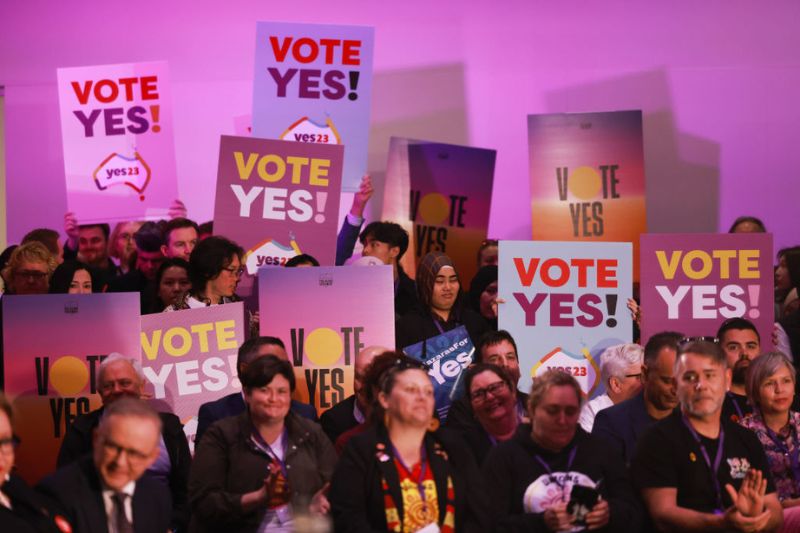
AUSTRALIA
- Frank Brennan
- 04 January 2024
As Australia approaches a pivotal referendum, voters face a critical choice: endorse a new chapter in the Constitution providing a 'First Nations Voice' or leave it untouched. Whichever way the vote goes, we will be left with a Constitution not fit for purpose in the 21st century.
READ MORE
-

AUSTRALIA
- Frank Brennan
- 01 September 2023
14 Comments
As Australia approaches a pivotal referendum, voters face a critical choice: endorse a new chapter in the Constitution providing a 'First Nations Voice' or leave it untouched. Whichever way the vote goes, we will be left with a Constitution not fit for purpose in the 21st century.
READ MORE
-

AUSTRALIA
- Denis Muller
- 26 July 2023
1 Comment
The landscape has changed, and there is no going back. Individual journalists are now integrated into the ranks of pundits, urgers and persuaders who abound online. At their employers’ behest, they blog, they podcast, they ‘engage’ as the current jargon has it, with those who post comments to their articles online. (From 2021)
READ MORE
-
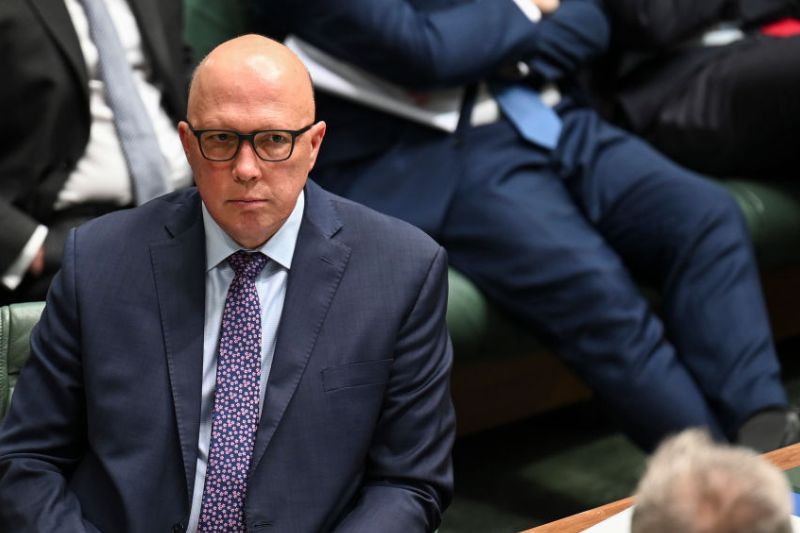
AUSTRALIA
- James Massola
- 05 April 2023
17 Comments
Peter Dutton confirmed the Liberal party will oppose to the Indigenous Voice to parliament, putting him at odds with a new prime minister, Indigenous leaders, and community sentiment. With the Aston byelection defeat, concerns have arisen over the party's direction and the narrowing path back to the Lodge.
READ MORE
-
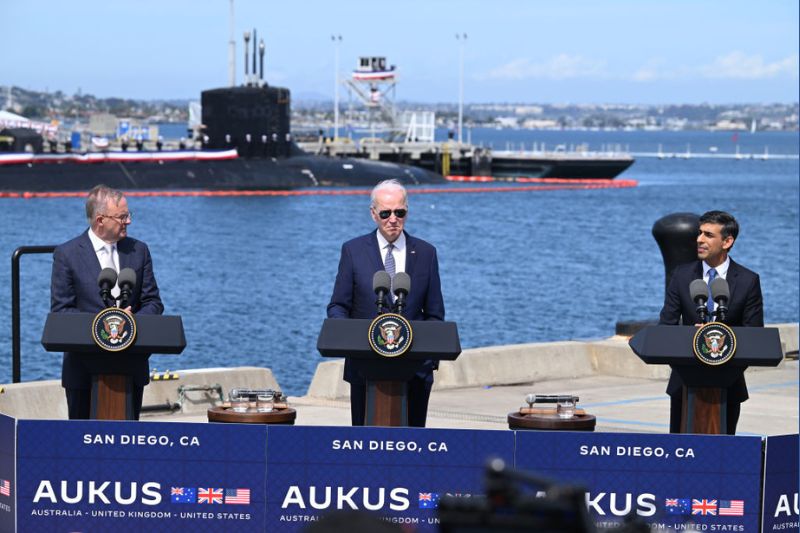
INTERNATIONAL
- Binoy Kampmark
- 28 March 2023
8 Comments
Australia's decision to partner with the US and the UK for the AUKUS pact has drawn scrutiny with questions looming about acquisition, construction and delivery of the nuclear-propelled submarines and a projected $368 billion outlay for up to eight vessels.
READ MORE